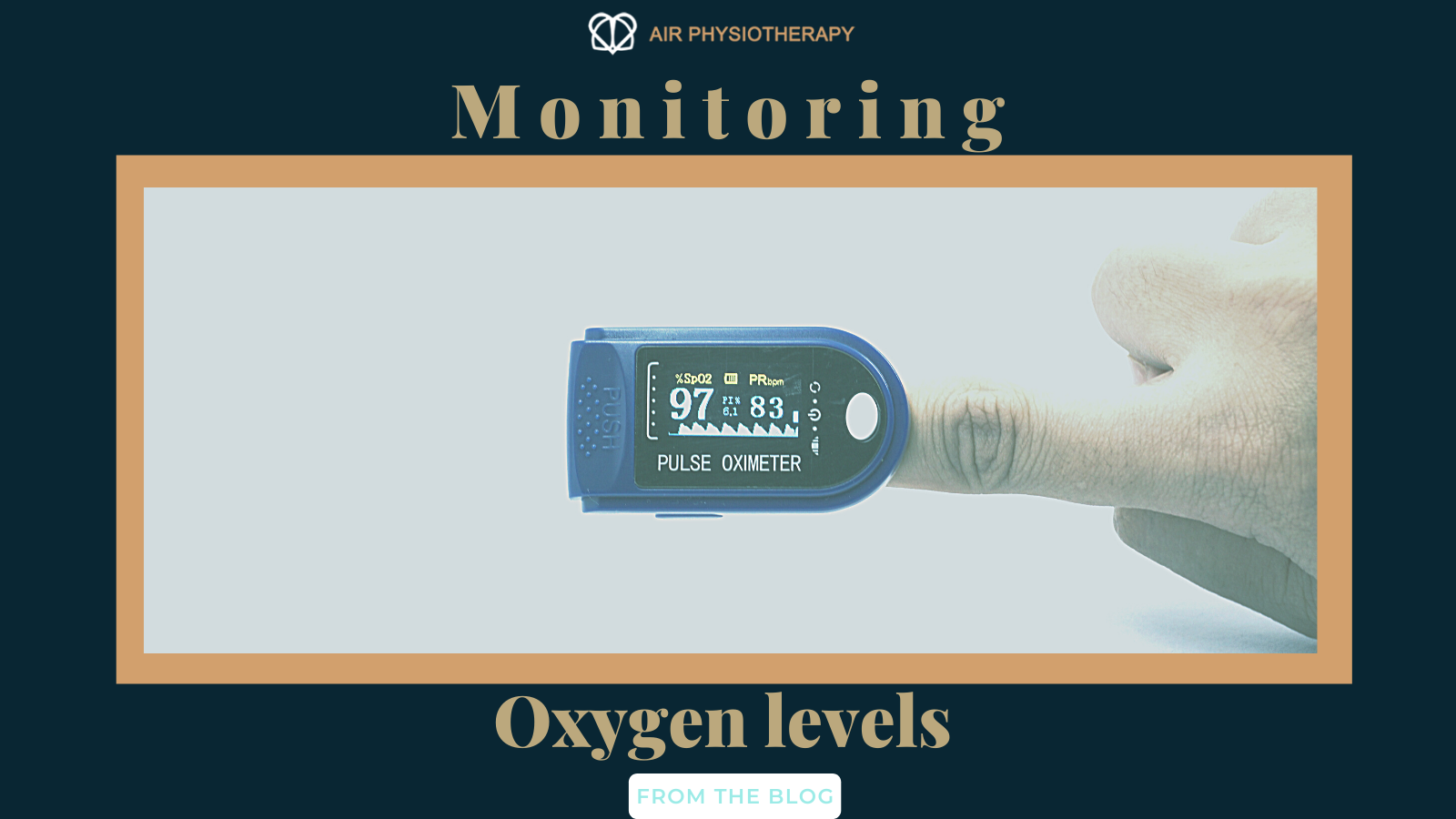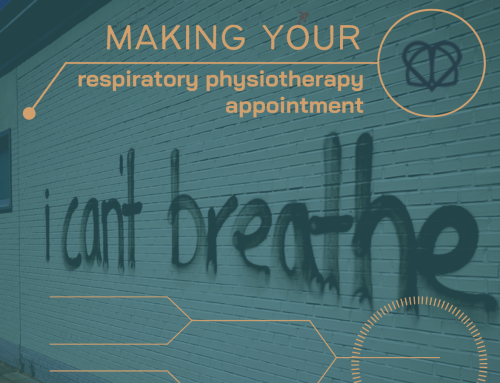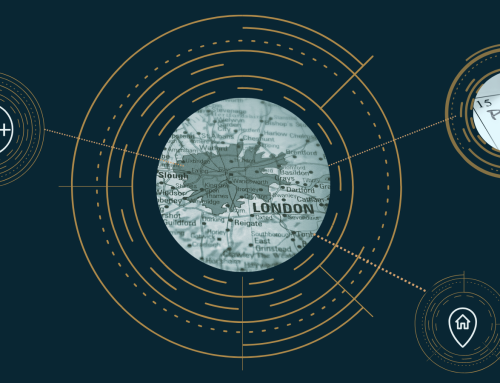A number of patients who are recovering from COVID-19 have asked us the question: should I be monitoring my oxygen levels with a pulse oximeter?
We’ve talked before about how monitoring your heart rate is important to avoid the symptoms of post-exertional malaise, but does the same apply to monitoring your oxygen levels?
And the answer is…
Yes… and no!
It isn’t essential to monitor your oxygen levels if you have had COVID-19 as standard, and is likely not relevant at all if you have no longstanding symptoms.
However, if you do have ongoing symptoms (ie breathlessness related to long-COVID) then monitoring oxygen levels might be something to consider.
First things first…
We always begin any advice regarding monitoring or treatment by saying that any person experiencing unexplained breathlessness following covid-19 should be seen by their GP as their first step. If your GP feels it’s necessary, they can refer you to a respiratory doctor for more detailed tests to check the function of your lungs, or to a cardiologist to check the function of your heart.
If you have had all the relevant tests and these come back with no abnormalities i.e. your heart and lungs are healthy, remember that it can take a long time for the body to recover, largely due to the inflammation in the lungs, cardiovascular and neurological systems that COVID can cause.
There are some circumstances where it may be appropriate to consider getting a pulse oximeter for use at home.
What is a pulse oximeter?
A pulse oximeter is a small, clip-like device (it looks a little like a large clothes peg!) that is attached to the end of your finger. It is a non-invasive measurement that within seconds gives the numbers showing the oxygen saturation levels in your body (this is the %SpO2 number). It also tells you how fast your heart is beating (this is the PR bpm number). In healthy individuals with no pre-existing health conditions or lung issues, the normal blood oxygen saturation level will be around 95–100%.
It is worth noting that the MHRA does not recommend that members of the public use oximeters at home unless they have been advised to do so by a qualified clinician. This is where our trained respiratory physiotherapists here at Air Physiotherapy can help!
When to consider buying a pulse oximeter to check your oxygen levels at home:
- If you are in the high risk category for severe complications as a result of covid-19
- If you have a long term lung condition that causes breathlessness (i.e. COPD, asthma, bronchiectasis or cystic fibrosis)
- If you have recurrent periods of unexplained breathlessness and are waiting to see a doctor for investigation
- If you have seen a doctor for investigation and they have noticed your oxygen levels are low when you’re resting and/or moving around.
Please note: if you experience any sudden changes in breathlessness or drops in oxygen saturation, you should seek urgent medical attention.
Please be reassured that respiratory physiotherapy with Air Physiotherapy can help you with your breathlessness, working with you to help improve your condition – whether that includes using a pulse oximeter or not! We are able to help you safely return to the activities you want to do, by setting up a tailored, graded activity or exercise programme, taking your heart rate and oxygen levels into account. We will also analyse the way you are breathing, help you optimise your breathing pattern and provide tips to manage any breathlessness.
To find out more about how we can help please do get in touch by emailing enquiries@airphysiotherapy.co.uk or give us a call on 0207 971 1464.





